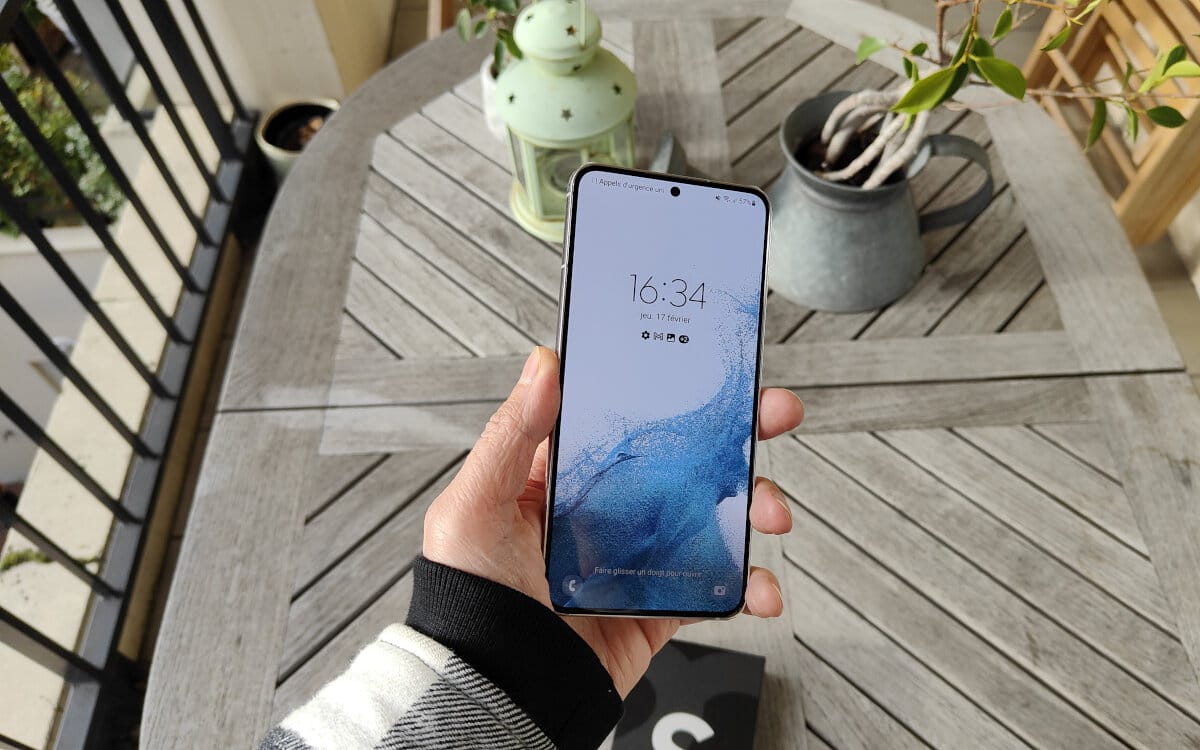
Samsung is accused of limiting the performance of its smartphones thanks to a software tool. At the same time, a new Android malware has been spotted on the Play Store. It seeks to plunder users bank account. Finally, the war in Ukraine raises fears that Russia will end up depriving Europe of the Internet.
As the war in Ukraine continues despite sanctions against Russia and ongoing negotiations, you haven’t found the time to follow the news of the world of technology with us. Here’s everything you missed yesterday. Follow the leader !
Samsung is accused of reducing the performance of its Galaxy smartphones
South Korean Internet users have realized that Samsung Galaxy smartphones reduce the power delivered by the chipset when certain applications are launched. More than 100,000 Android applications would be affected by this software restriction, probably intended to save battery life. On the other hand, apps intended to carry out benchmarks are not concerned. Samsung would have opened an internal investigation.
Learn more about slowing Samsung Galaxy smartphones
This Play Store Android app hides malware designed to steal your money
TeaBot (also known as Anasta), is a malware capable of plundering the bank account of its victims. Appeared last year, it has just been spotted again on the Play Store. The virus hid in the code of an application named QR Code & Barcode Scanner. Very popular, the app has more than 10,000 downloads.
Learn more about the Teabot malware lurking on the Play Store
Russia threatens to shut down internet in Europe over Ukraine war
Western armed forces fear that Vladimir Putin’s regime is seeking to deprive the European continent of the Internet. Jean Luc Villemin, Director of Orange International Networks, points out that 99% of the world’s network goes through submarine cables. In retaliation, Russia could theoretically cut these cables with the help of its army of submarines. The Kremlin had already done so when it annexed Crimea in 2014.
Learn more about the Russian threat that places on the Internet in Europe



